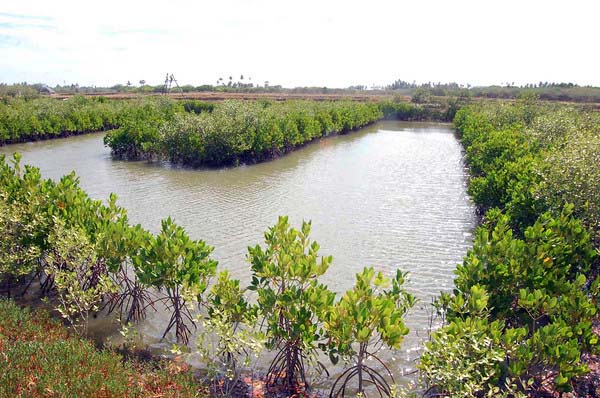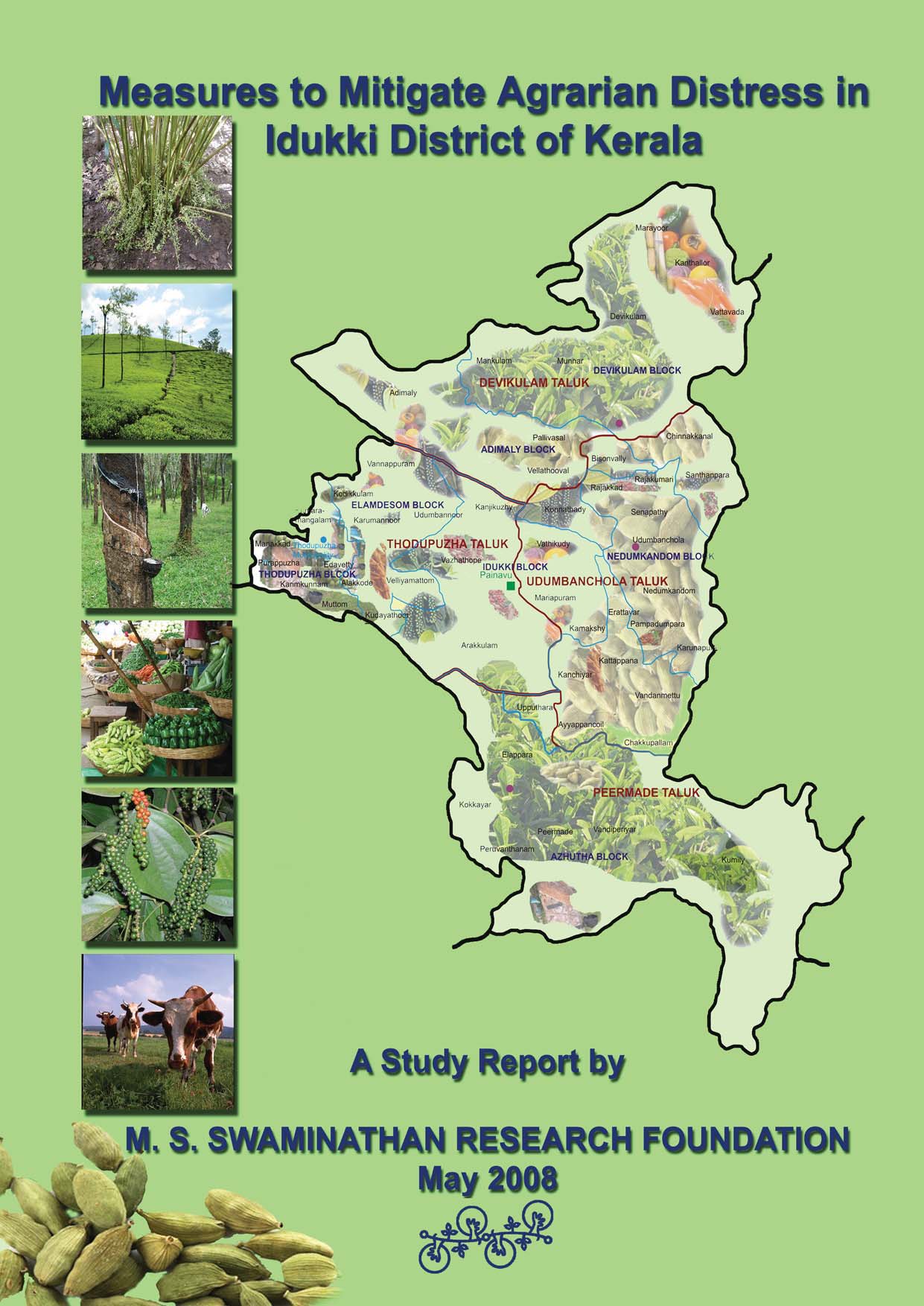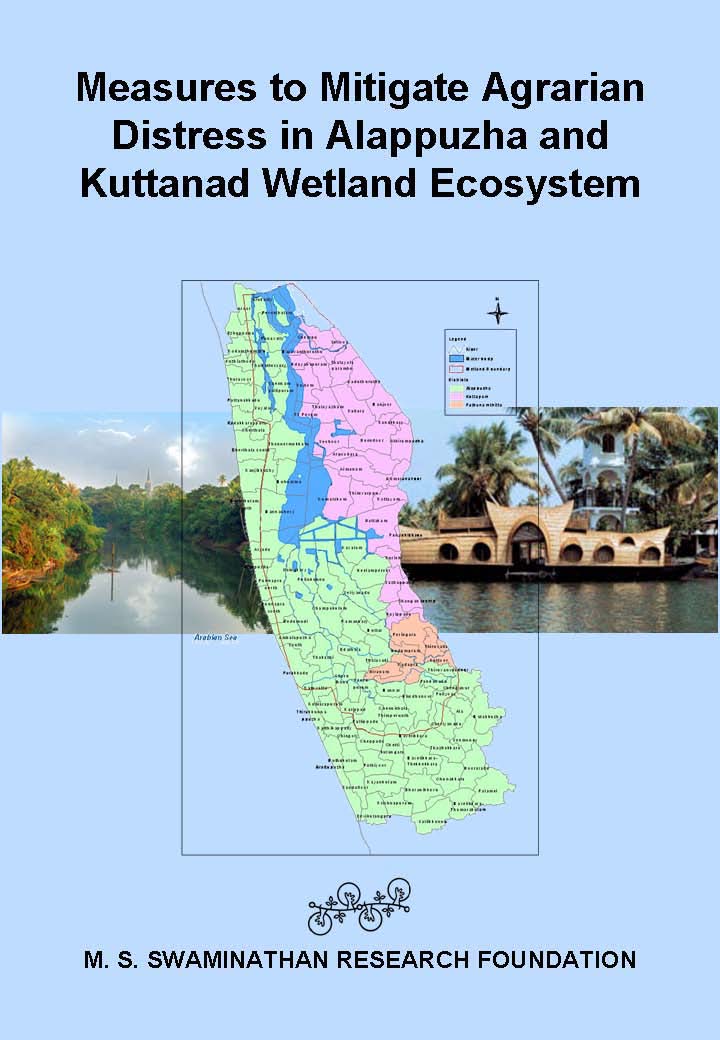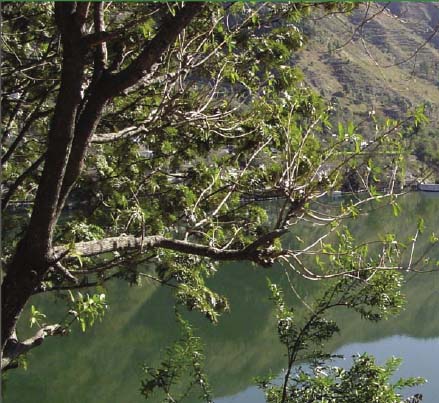/topics/biodiversity
Biodiversity
Kailash sacred landscape conservation initiative - Feasibility assessment report by ICIMOD
Posted on 25 Jul, 2011 03:19 PM This publication by International Centre for Integrated Mountain Development (ICIMOD) deals with Kailash Sacred Landscape Conservation Initiative (KSLCI), a project that seeks to conserve and sustainably manage a highly unique and special landscape through the application of trans-boundary ecosystem management approaches.
This publication by International Centre for Integrated Mountain Development (ICIMOD) deals with Kailash Sacred Landscape Conservation Initiative (KSLCI), a project that seeks to conserve and sustainably manage a highly unique and special landscape through the application of trans-boundary ecosystem management approaches.
This region, like much of the rest of the Hindu Kush-Himalayas, faces many challenges, not the least of which are global warming, globalisation and environmental degradation. The Kailash region is considered sacred to five major religions and to a large number of people in Asia and throughout the world. This area is historically, ecologically, and culturally interconnected and is the source of four of Asia’s most important rivers.
The KSLCI is an attempt on the part of the three neighbouring countries of India, China and Nepal to join hands to help preserve the unique biological diversity, the many ecosystem goods and services, and the value-based cultural heritage of one of the most revered and sacred landscapes in the world.
Mangrove wetlands of Tamil Nadu, Andhra Pradesh and Orissa - Atlas by MSSRF
Posted on 16 Jul, 2011 04:00 PM
Measures to mitigate agrarian distress in Idukki district of Kerala : A study report by MSSRF
Posted on 10 Jul, 2011 07:38 PM Although Idukki is generally perceived as a ‘spices district’ and a ‘plantation crop district’, about 95 per cent of the farmers here are small with tribal farmers constituting a substantial component. Public investment in agriculture in this district is very poor and this hampers agricultural progress and rural livelihoods in many ways.
Although Idukki is generally perceived as a ‘spices district’ and a ‘plantation crop district’, about 95 per cent of the farmers here are small with tribal farmers constituting a substantial component. Public investment in agriculture in this district is very poor and this hampers agricultural progress and rural livelihoods in many ways.
As a result of high cost of production of major crops and its volatile prices, small farmers who constitute the majority of the farming population have accumulated debt burden exceeding 700 crores. More than eighty per cent of this debt is due to crop loans to small and marginal farmers.
The recommendations in this report are made after giving due consideration to ongoing programmes and resources being made available thereof. These are mainly focused on the small, marginal and tribal farmers and other economically disadvantaged sections. The stress is on sustainability of agricultural production systems and strengthening the regional ecology.
Measures to mitigate agrarian distress in Alappuzha and Kuttanad wetland ecosystem – A study report by MSSRF
Posted on 01 Jul, 2011 06:51 AM In spite of its natural wealth, the Alappuzha district has a high proportion of population living in poverty.
In spite of its natural wealth, the Alappuzha district has a high proportion of population living in poverty.
Recognizing that the process of preparation of a mitigation plan report is as important as the product, the MSSRF team held wide ranging consultations with all concerned with the economy, ecological security and livelihood security of Kuttanad wetlands. Information on the consultations held and visits made are given in the report. It contains a malady-remedy analysis of the problems and potential solutions.
The greatest challenge in dealing with multidimensional problems in our country is our inability to generate the necessary synergy and convergence among the numerous government, non-government, civil society and other agencies involved in the implementation of the programmes such as those outlined in this report. This is why the team has suggested both high-level policy guidance and monitoring committee as well as a task implementation mechanism.
The lake and the well, part of a water master plan - Article by S. Vishwanath about Jakkur Lake in Bangalore
Posted on 28 Jun, 2011 05:41 PMAuthor: S. Vishwanath
Video courtesy: Zenrainman
When a city adds nearly 3 million people in a span of a decade ensuring water supply to its citizens seems a huge challenge. One critical thing to realize is that the mind-set of ‘providing’ water has to change and become one of ensuring that citizens can access water of requisite quality.
An Indian perspective on the conservation and management of lakes – A report by Ministry of Environment and Forests
Posted on 25 Jun, 2011 10:43 PM
This publication will serve to be useful reference material for policymakers, implementing agencies, environmentalists and those who enjoy the beauty and diversity of India’s water bodies.
Lakes are not only a source of water and livelihood for many of our populations, but they also support a large proportion of our biodiversity. The wetlands, shallower peripheral areas of large lakes, provide breeding and nesting grounds to huge population of birds, many of which migrate to India from as far north as Siberia.
Mining havoc: Impact of mining on water resources in Goa - Article from Dams, Rivers and People
Posted on 25 Jun, 2011 02:02 PM
Pumping of water from Cavrem Sheikh Salim mine, severely lowering groundwater table in the village
Image courtesy: Sebastian Rodriguez, Mand Goa
Taking steps toward marine and coastal ecosystem based management: An introductory guide by UNEP
Posted on 25 Jun, 2011 09:28 AMAn important aim of this guide is to facilitate the implementation of UNEP’s overarching Ecosystem Management Programme and new Marine and Coastal Strategy in countries and regions in line with its Medium Term Strategy 2010-13.
Sagar - A pocketbook on oceans with special reference to waters around India
Posted on 13 Jun, 2011 03:12 PMThe pocket book provides an overview of the oceans,their formation, characteristics, and the dynamics that determine their evolution. It also contains information on how the interested reader can pursue these topics further through books and websites.
The pocket book is divided into the following chapters:
Tearing through the water landscape: Evaluating the environmental and social consequences of POSCO project in Odisha, India - Release of a study by ESG
Posted on 09 Jun, 2011 08:03 PMArticle courtesy: Environment Support Group
On 2nd May 2011, Indian Environment and Forest Minister Jairam Ramesh finally approved the diversion of over 3,000 acres of forest land, of the 4,000 acres demanded, for a steel-power-port complex of the POSCO India project.
Earlier, on 31 January 2011, Ramesh had approved the environmental and coastal regulation zone clearances that the project had secured in 2007, even though all these clearances were obtained by fraud, and thus illegal, as proved by two independent investigative committees that he appointed last year.





